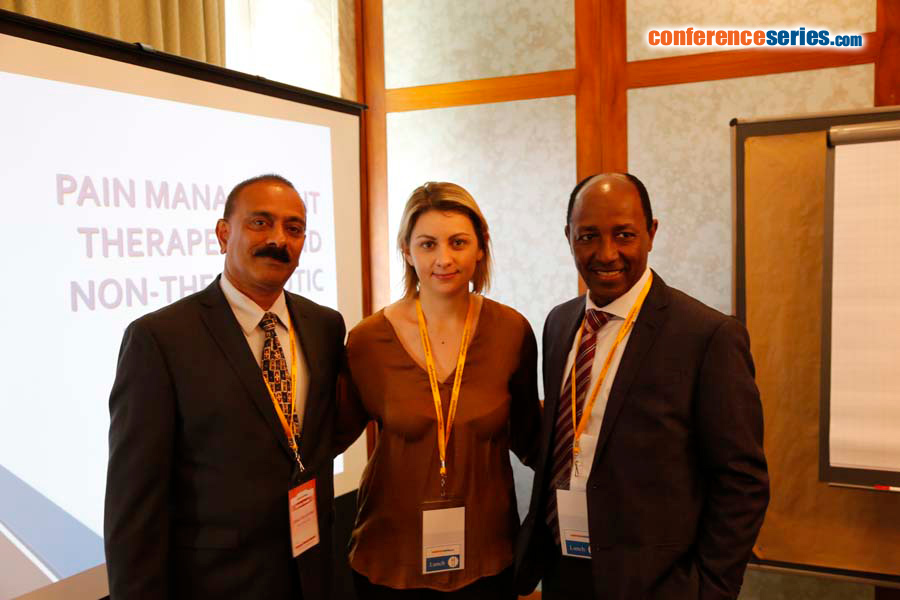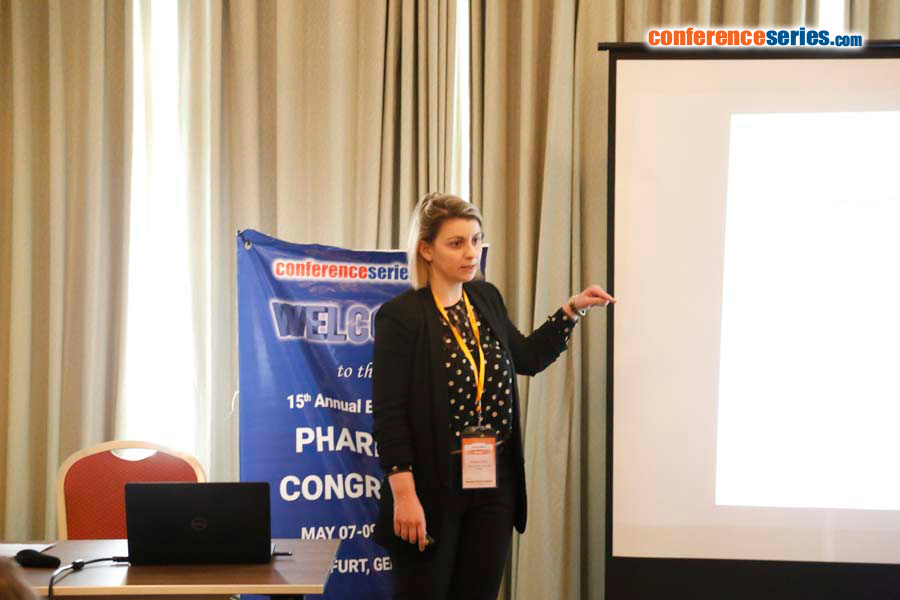
Eriona Petro
Regional Directory of Health, Albania
Title: Physician perceptions and attitude about generic drugs in Albania
Biography
Biography: Eriona Petro
Abstract
Statement of the Problem: Pharmaceutical expenditures make up an increasing percentage of healthcare costs. One strategy in cost minimizing without compromising quality of medications is switching brand-name drugs to generics. Eventhough generics are comparable in terms of efficacy, safety and quality with their original drugs and can be used interchangeably, there are still concerns regarding their usage. Understanding physicians’ knowledge and attitude about generics may help ensure more cost-effective treatments. The market share of generic drugs in Albania is considerable. This study aimed to investigate the perceptions of physicians towards generic drug prescribing.
Methodology & Theoretical Orientation: Physicians from 18 primary healthcare centers in the district of Durres, Albania participated in the study conducted in January 2018. A paper-based questionnaire was used to assess their knowledge and attitude towards use of generic drugs. The study was approved by the Regional Directory of Health, Durres. Descriptive statistical analysis was used to examine the results.
Findings: 60% of 109 physicians that participated in the study declared to have very good knowledge of the term ‘‘generic drug’’. The majority of them (70%) prescribed generics daily. However, no correlation between years of experience and frequency of prescribing generics was reported (p>0.05). Approximately, 42% of the physicians responded that the price difference between brand and generic drugs was one of the influential factors when deciding the right medication for treatment. Only 11% of the physicians reported generics as being less safe and effective compared to the original drugs.
Conclusion & Significance: Although it appeared that physicians are well informed about generic drugs, they still have concerns about their quality and safety. The results of this study highlight the need in suggesting the implementation of a national educational program about generics for physicians in order to overcome barriers towards generic prescribing.





